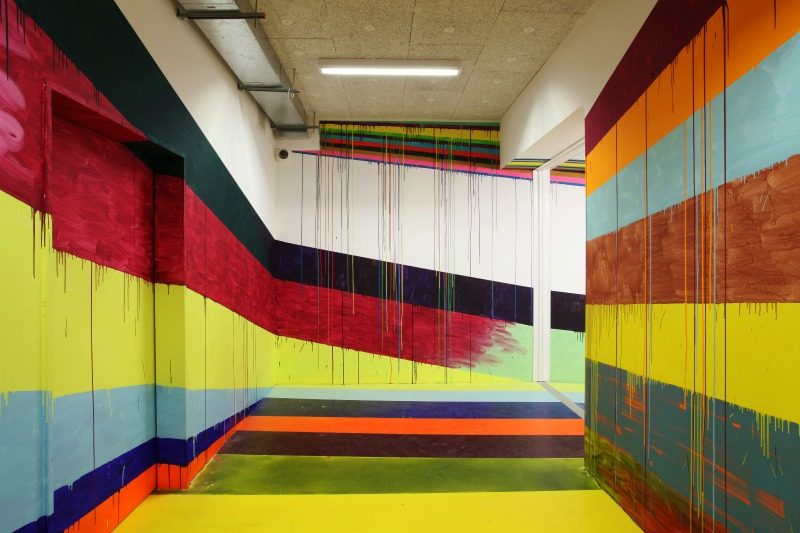New research project examines the reality of being queer inside.
It’s almost impossible to imagine a depiction of life in a women’s prison that doesn’t touch on same-sex sexuality. From TV dramas, to pulp fiction and B movies, lesbian characters and prisoners who are “jail bent” or “gay for the stay” are staples of the genre. Sociologists and psychologists researching in women’s prisons have shared this fascination with same-sex sexuality, but their interest is overwhelmingly in relationships between women who identify as heterosexual and only have relationships with other women while in prison. The voices and experiences of those who identify as lesbian/gay, bisexual, trans* queer or intersex are almost completely missing, even though evidence suggests that LGBTQ+ women may be more likely to be sentenced to prison than other women, and despite the significant numbers of LGBTQ+ women who work as prison officers.
In recent years, LGBTQ+ women have become increasingly visible in popular representations of prison life, such as ITV’s Bad Girls, and Netflix’s Orange is the New Black, and more likely to be portrayed positively. However, almost no academic research has been done that pays attention to the presence of LGBTQ+ prisoners and staff in women’s prisons in England, or that tries to understand what might be distinctive about their life experiences and perceptions of prison life.
Now, a new Open University research study wants to learn about the LGBTQ+ lives contained in women’s prisons in England. Ex-prisoners and current or former prison officers who identify as lesbian/gay, bisexual, trans*, queer or intersex, are invited to take part in in-depth life history interviews in order to shed light on this neglected aspect of the criminal justice system. Research participants will be invited to tell their life stories, allowing researchers to gain a rich picture of their lives both inside and outside the prison. The insights gained from participants’ stories will contribute to knowledge in criminology, social history and cultural studies. It will provide opportunities to try and improve the understanding of, and provision for, LGBTQ+ people in the criminal justice system.
If you identify as LGBTQ+, and have served a prison sentence in a women’s prison in England, or worked in a women’s prison as a prison officer, then this research project is interested in your story. If you think you might like to talk anonymously and confidentially to a researcher about your life experiences, please visit www.tinyurl.com/LGBTQ-prisonlives or email [email protected].
